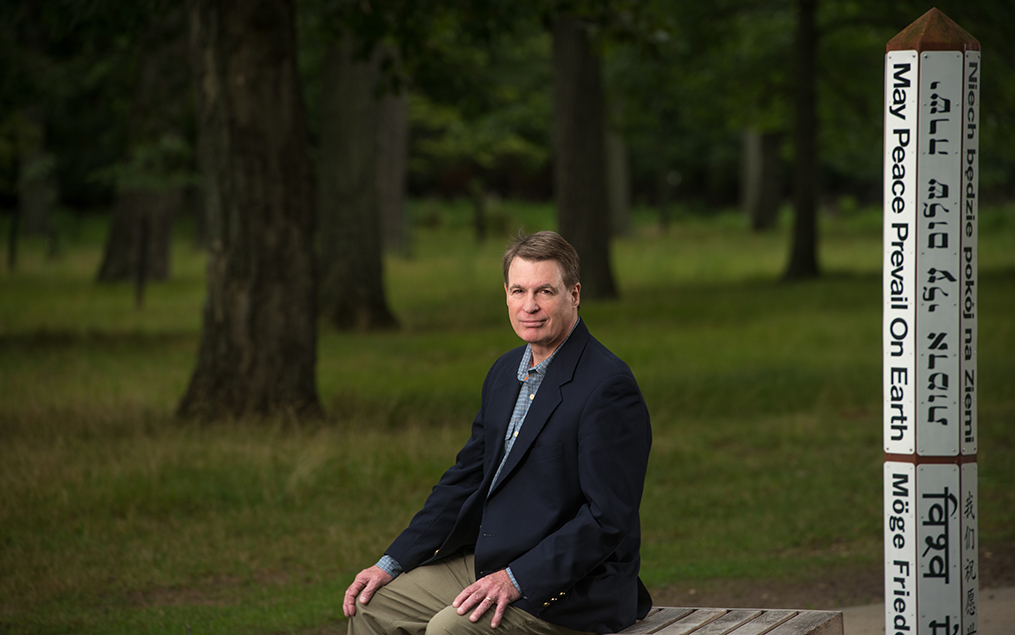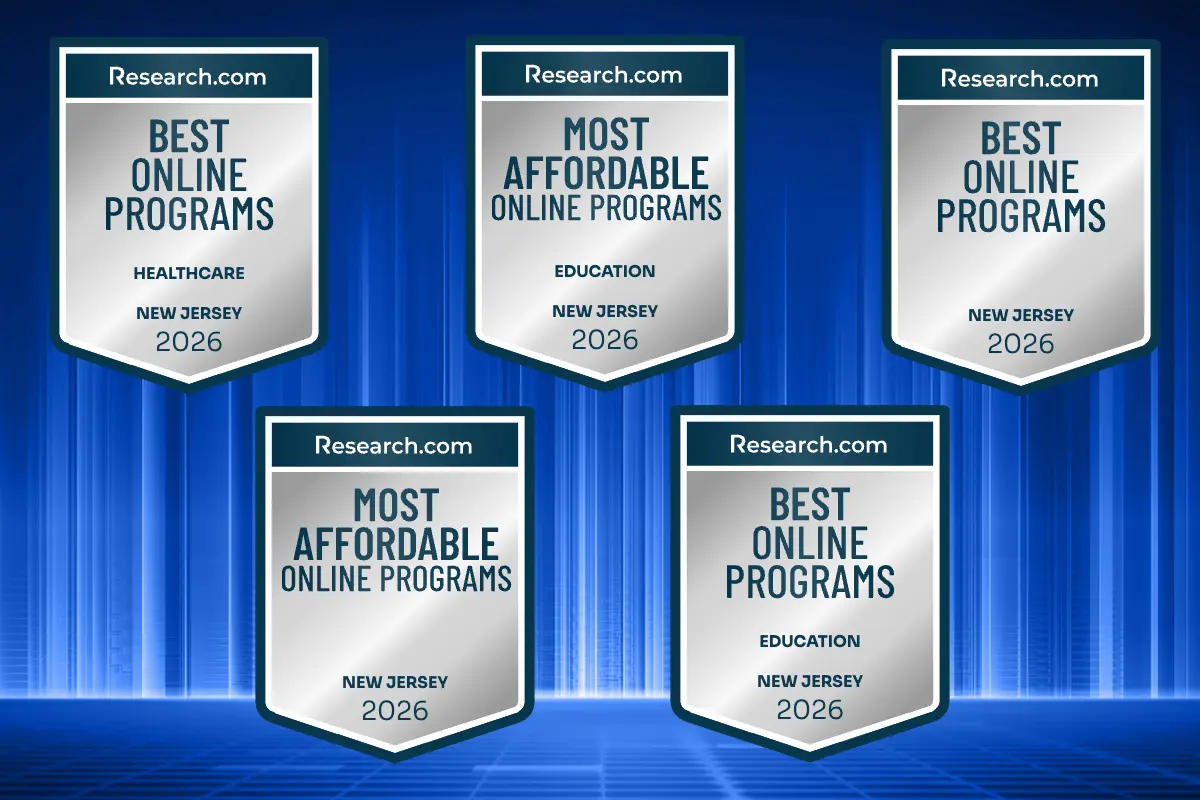SCOTT H. BENNETT, PH.D., professor of history and chair of the Department of History and Politics, weighs in on his groundbreaking book series.
Dr. Bennett, our inaugural Mulcahy Institute Faculty Fellow, is co-editing a new book series for Brill, a major publisher headquartered in the Netherlands. The series, Studies in Peace History, promotes new scholarship on peace history and on the movements, groups, people, and actions that have opposed both war and its causes.
We sat down with Dr. Bennett to learn more about Studies in Peace History and what we should expect to learn from the series:
Let’s start with the basics. What is “peace history”?
Peace history is the movements, groups, people, actions, and ideas that have opposed war and have aimed to eliminate the social causes of war. I’ve always had an interest in America’s role in the world, along with social and political reform movements. Peace history combines these two themes.
How does the mercy tradition play a role in peace history?
I’m co-editing the series with Michael Clinton, Ph.D., a professor of history at Gwynedd Mercy University. Maybe it’s not so much coincidental as it is a felicitous convergence of values that Michael and I both in teach in Mercy universities: these institutions and peace historians share common values and concerns, which are expressed in their support for peace, nonviolence, and social justice.
When will books in the series be published?
The series looks to publish one to two books annually in the first couple of years. Jerry Elmer, a veteran peace activist and attorney, is first up in the series with a book on conscription in America and its opponents.
What type of submissions interest you?
The topics in the series run the gamut, with submissions by historians, political scientists, anthropologists, sociologists, and others. We welcome manuscripts across disciplines and time periods that are based on primary sources. There are different approaches—social scientists have a tendency toward grand theories; historians are skeptical about that. We look at the particularity of an event — yes, something may have happened in World War I — but that doesn’t mean the same will apply to every other conflict.
Are there major themes in the series that people should be aware of?
‘War and peace’ is an interesting and important theme. On a popular level, many people find ‘war and conflict’ compelling — and this is reflected in mass culture and in literature and history. Likewise, the story of those who have opposed and resisted war is also exciting and inspiring. I would also emphasize that in a world with nuclear weapons and WMD, war can trigger mass murder — even human extinction. There are thousands of books on military history, but notably fewer studies on the history of peace movements, activists, and campaigns — all of which can provide lessons and alternatives to war and violence. Studies about peace and nonviolence offer a counternarrative to war and violence; they make it possible to image credible alternatives to war and violence.
Can you tell us about your other research? What do you primarily focus on?
I’ve focused on radical pacifism, political nonviolence, and conscientious objectors. In my work, I explore how radical pacifists have opposed war, militarism, and violence while also championing human rights, civil liberties, and social justice. I’m now completing a biography of Igal Roodenko, a radical pacifist, conscientious objector, and nonviolent activist for peace and justice.
What is a common misconception about peace movements?
One of the core tenants of history of peace movements is that there are alternatives to war. In popular thinking, this sounds utopian. However, peace scholars and activists have detailed nonviolent techniques, including mass demonstrations, boycotts, strikes, noncooperation, and civil disobedience to advance social justice, defeat invasions, and overthrow dictatorships.
Furthermore, in most wars, one side loses; thus, there’s a 50% failure rate — violence doesn’t work most of the time.
Why is peace history noteworthy or important?
It might save the human race from extinction.
Dr. Scott H. Bennett has been a member of the GCU faculty since 2001. He was a Fulbright professor at Leiden University in The Netherlands and taught at the Copenhagen International School in Denmark, the International School of Torino in Italy, and the American School in San Salvador, El Salvador, and previously served as president of the Peace History Society.







